Curriculum Resources & Testing
Byron Center Public Schools provides a vertically aligned curriculum for pre-kindergarten through 12th grade. The instructional program is designed to meet the educational needs of every child and the continuous goal is to increase each child's potential for success in the 21st century.
The BCPS curriculum is currently aligned to the Common Core State Standards that have been adopted by over 42 states, including Michigan. This new national curriculum, which was developed by Chief State Officers, was designed to prepare students for college and career readiness.
Grade Level Parent Guides:
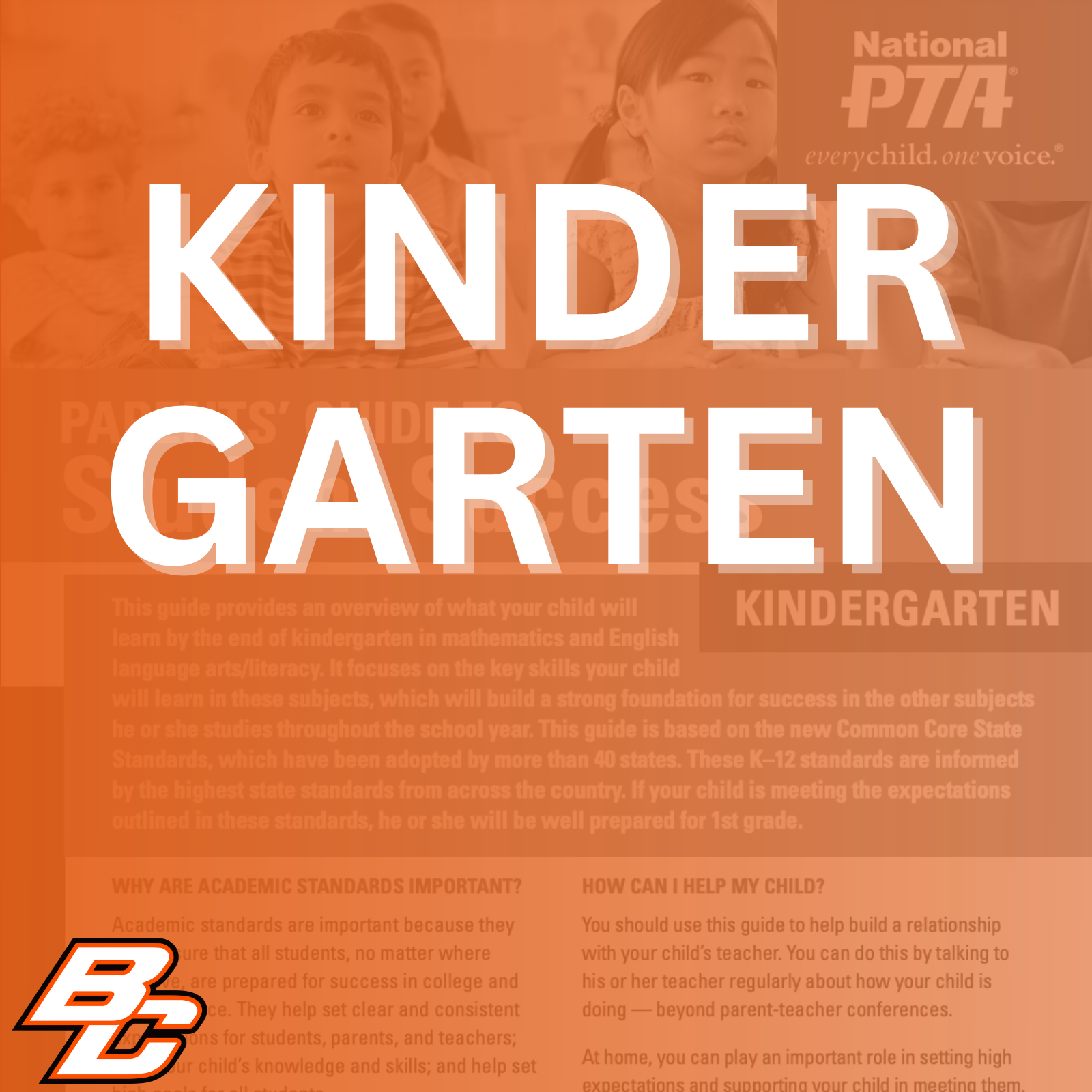 |
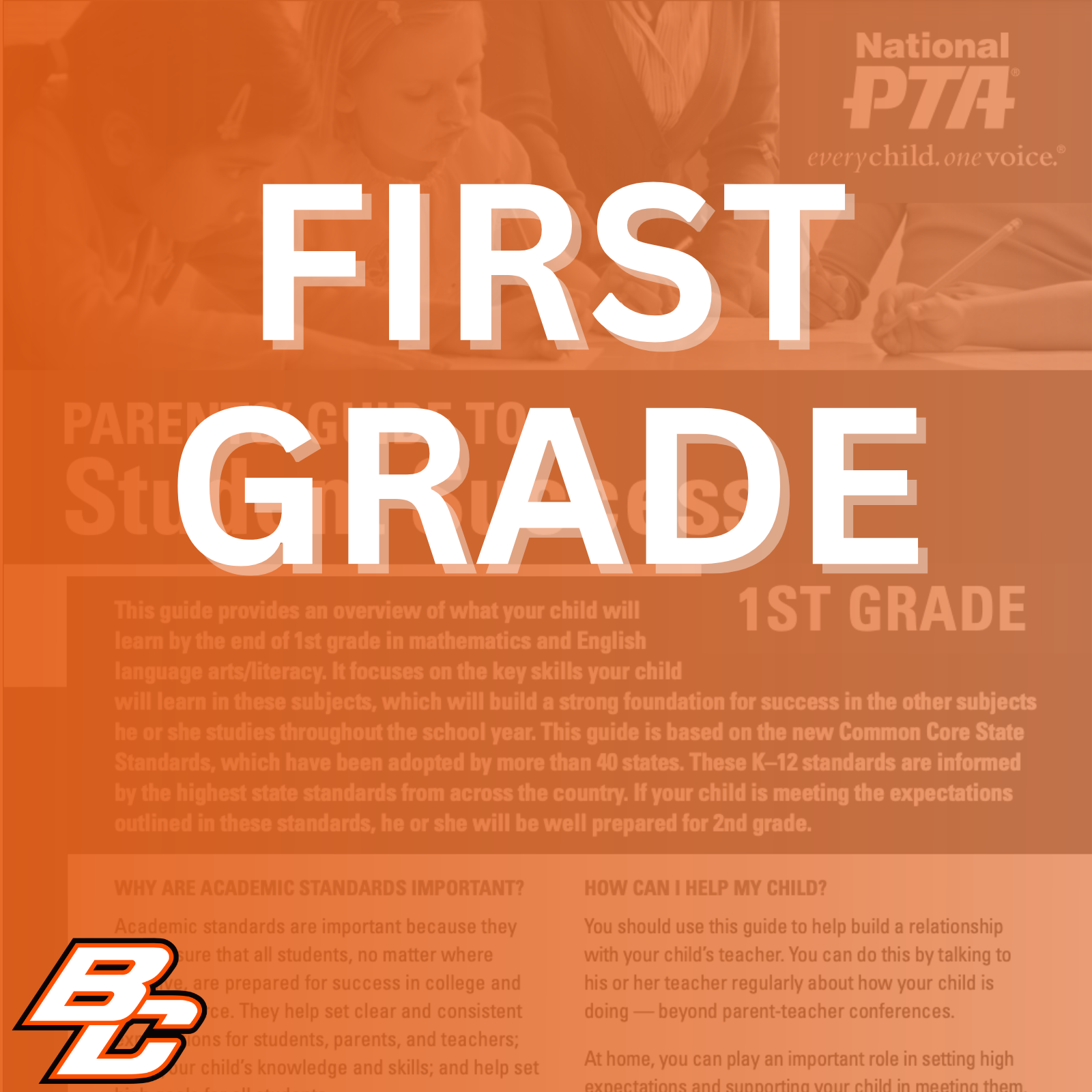
|
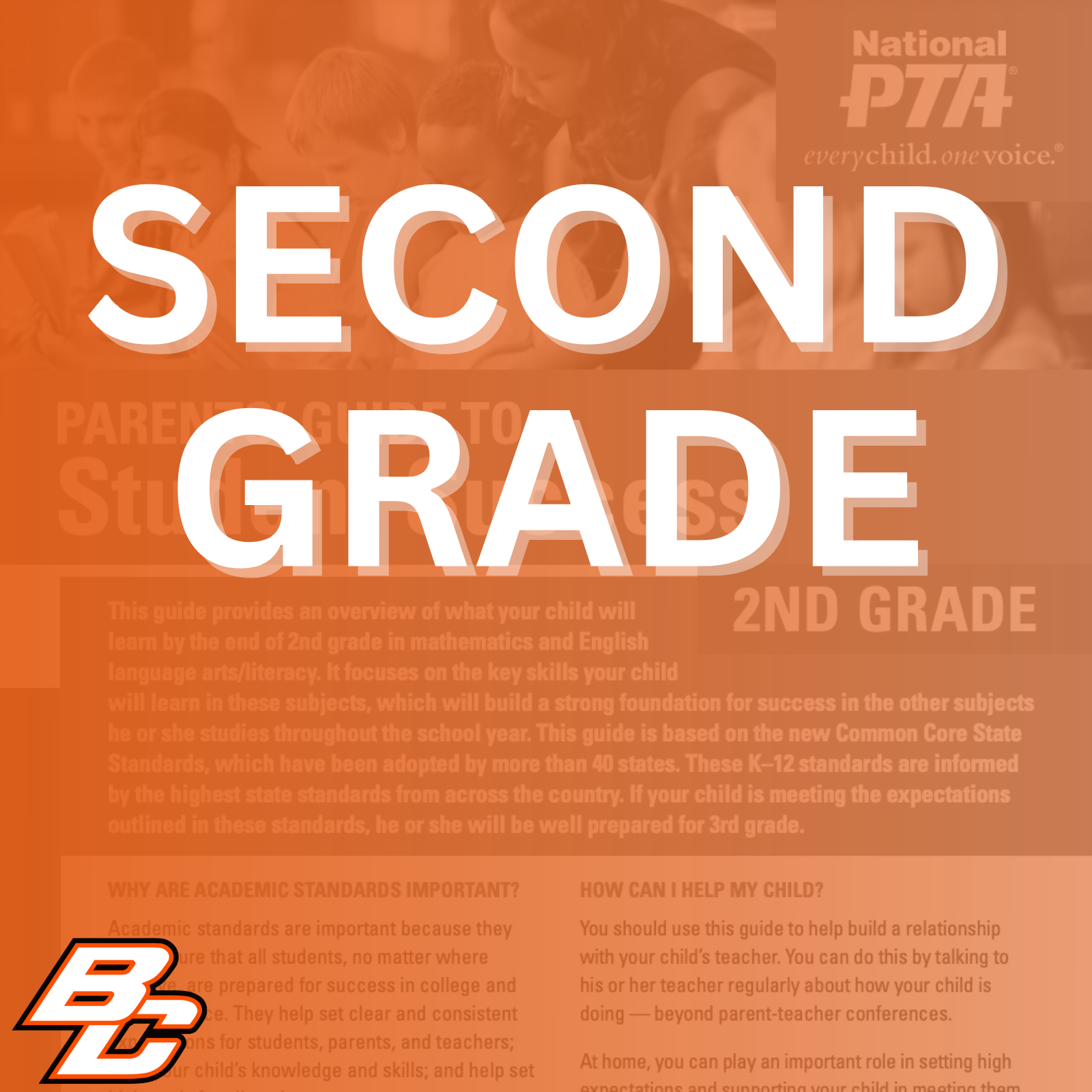 |
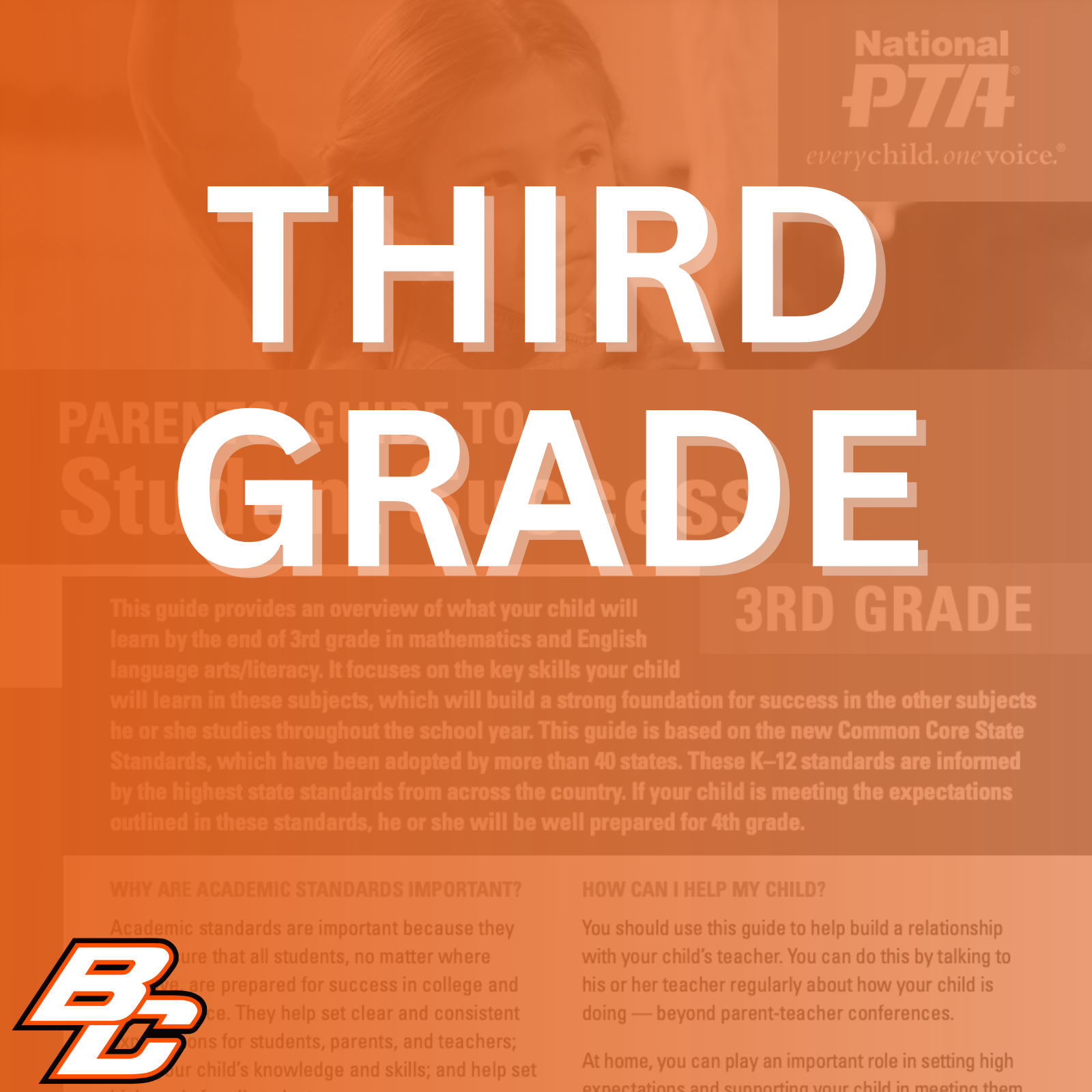
|
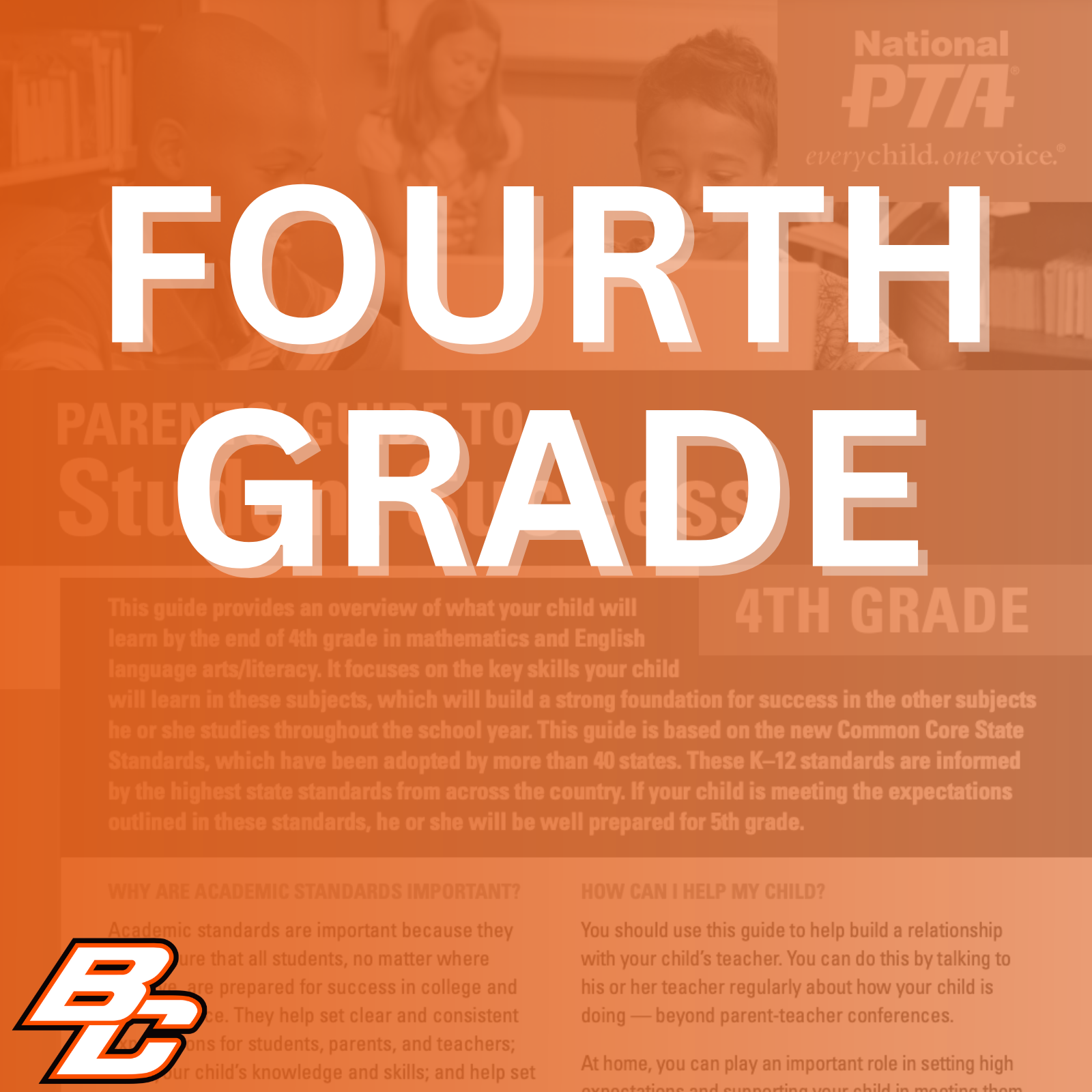 |
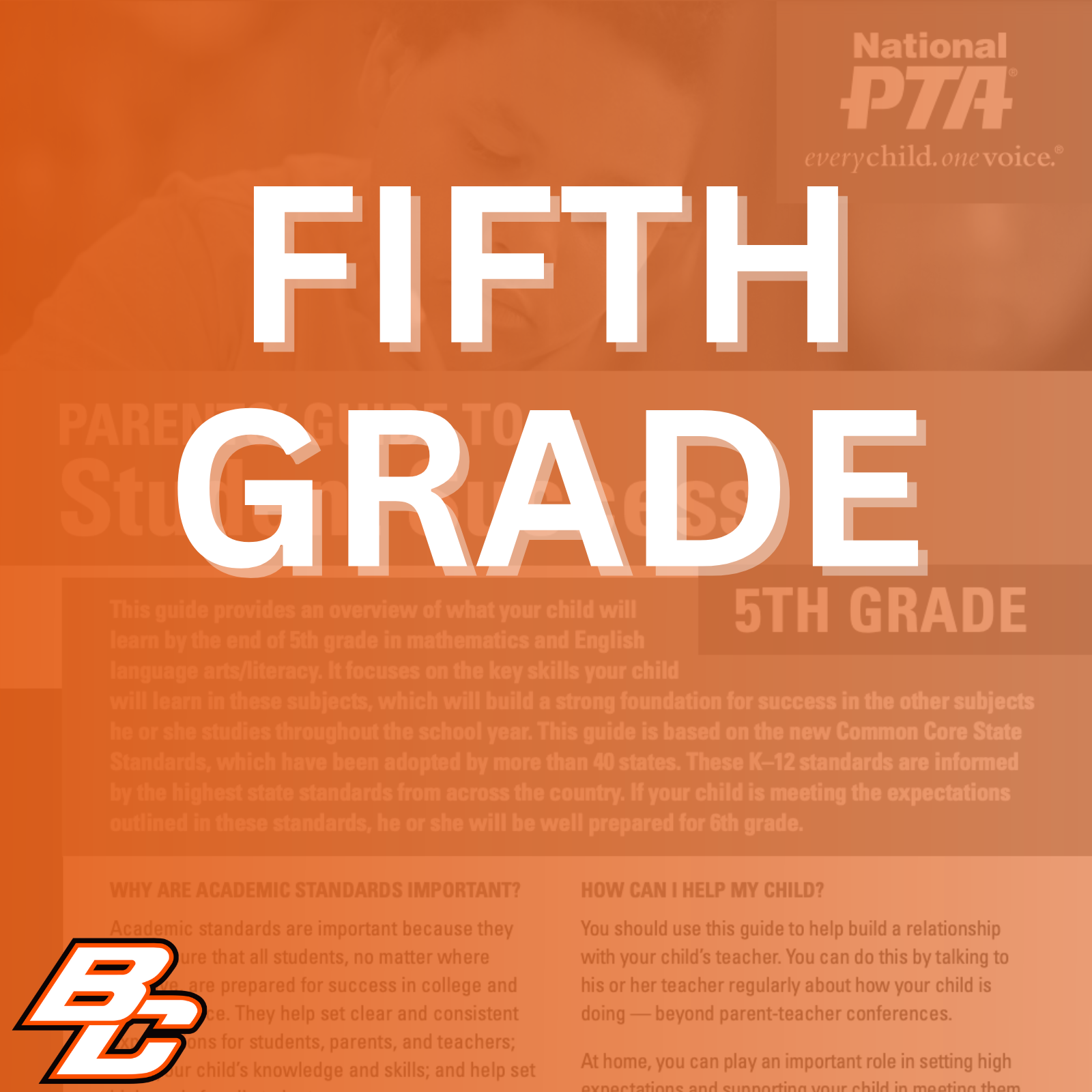 |
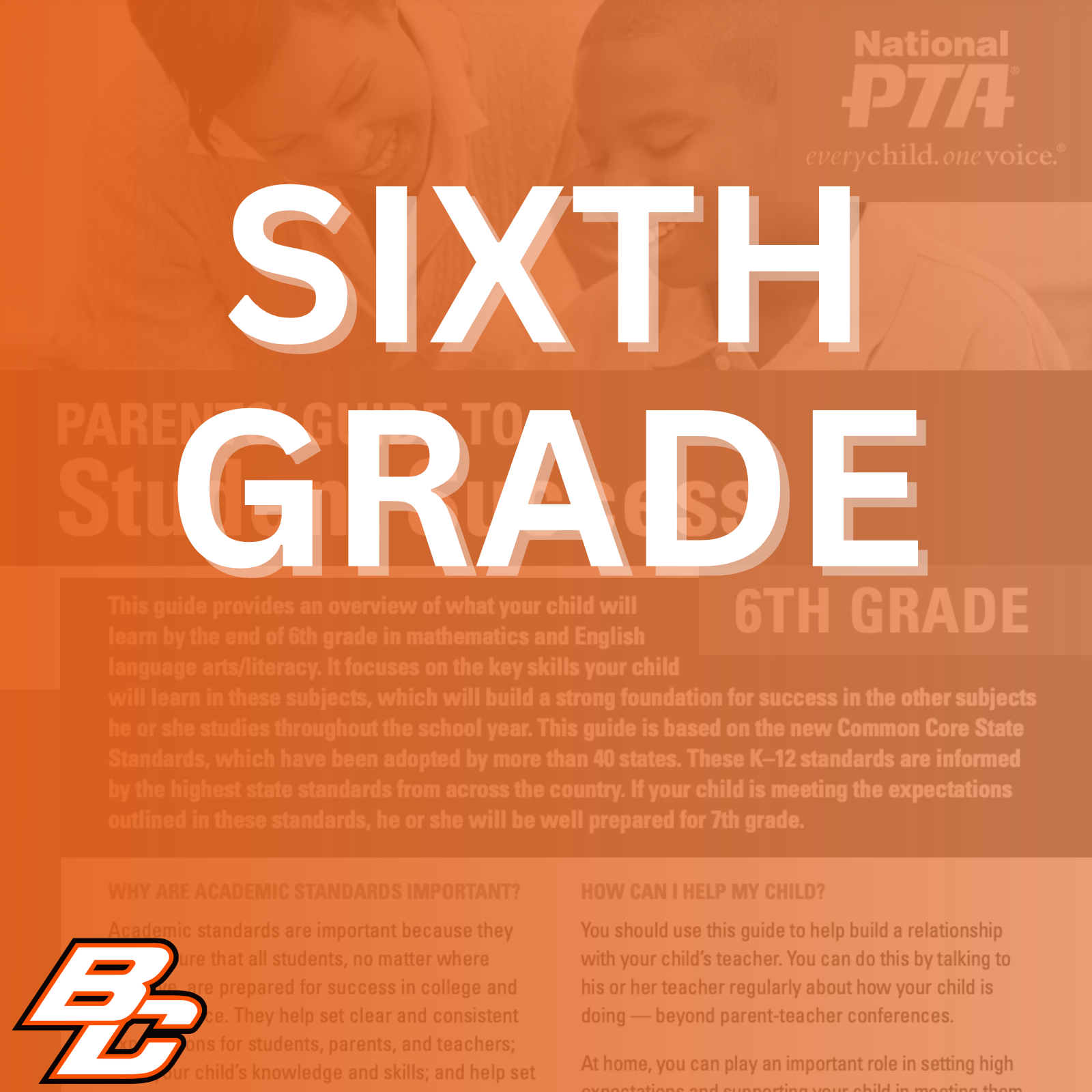
|
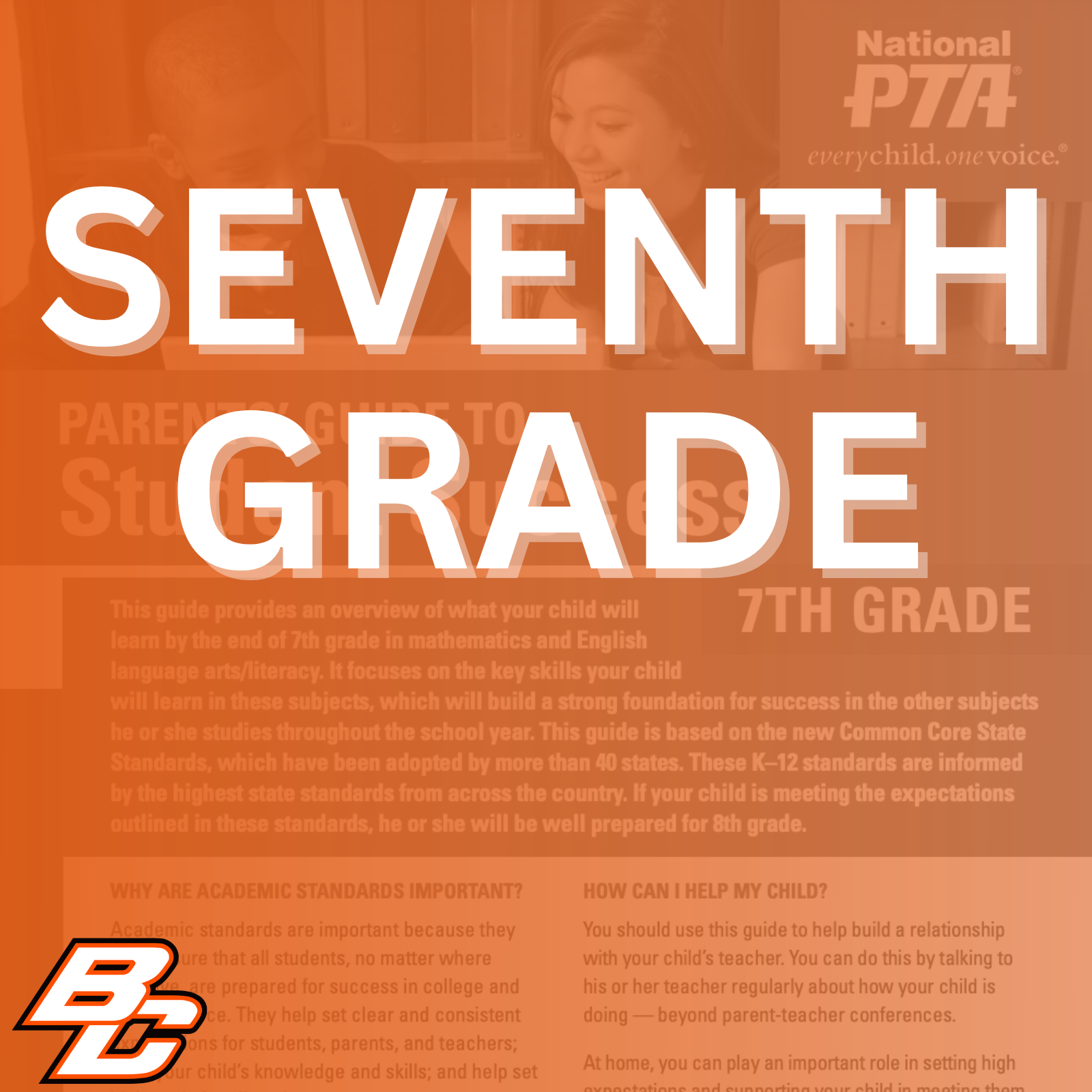 |
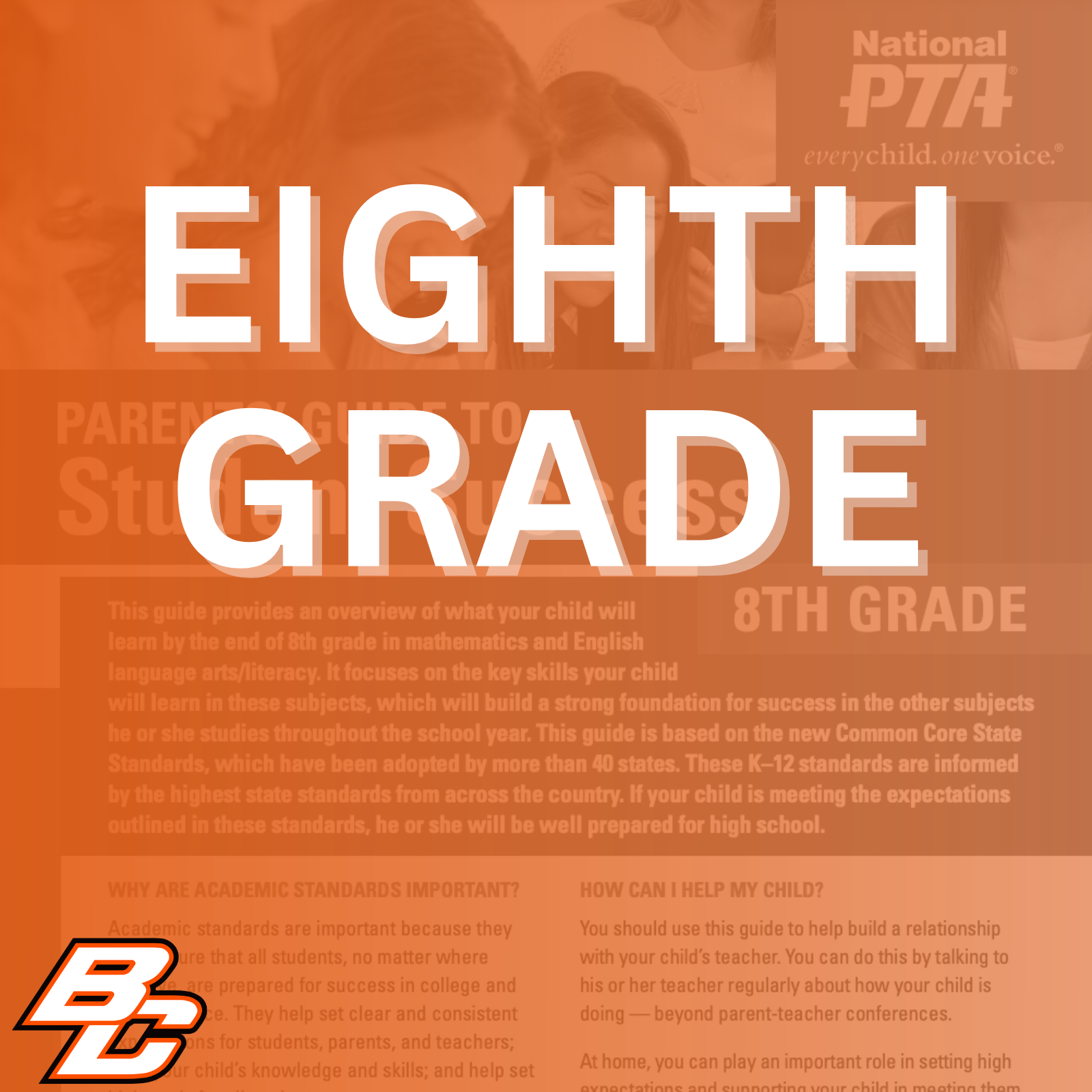 |
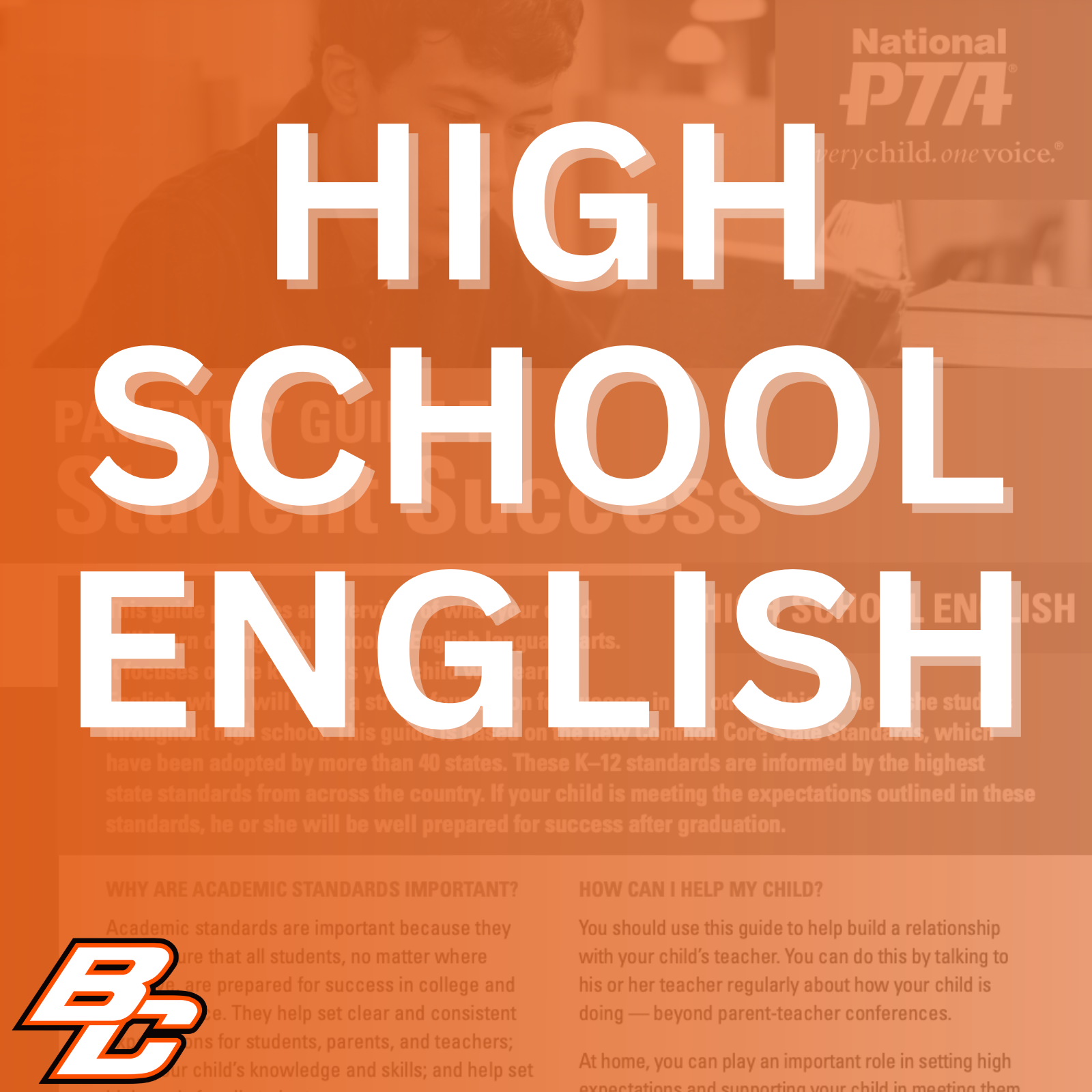 |
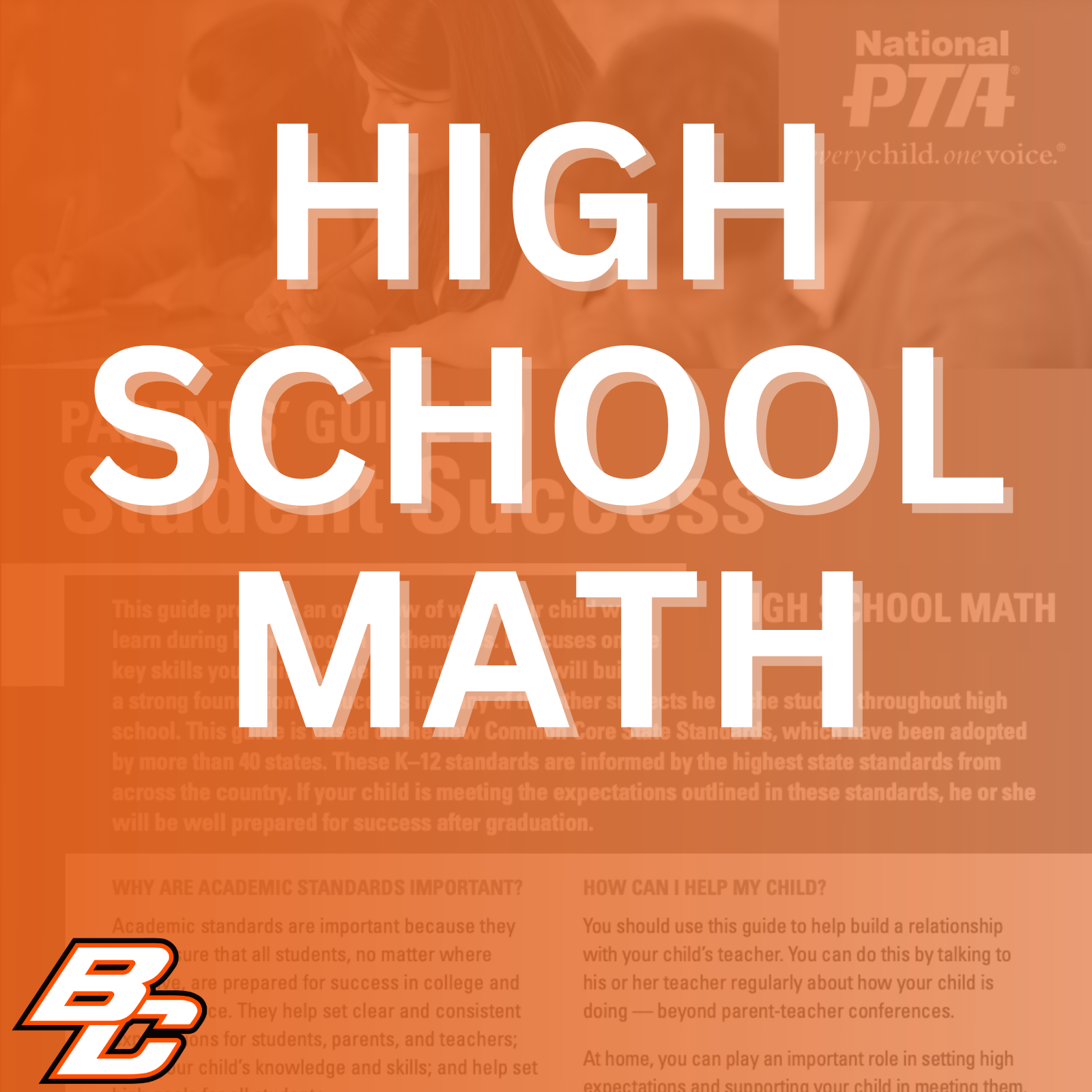 |






